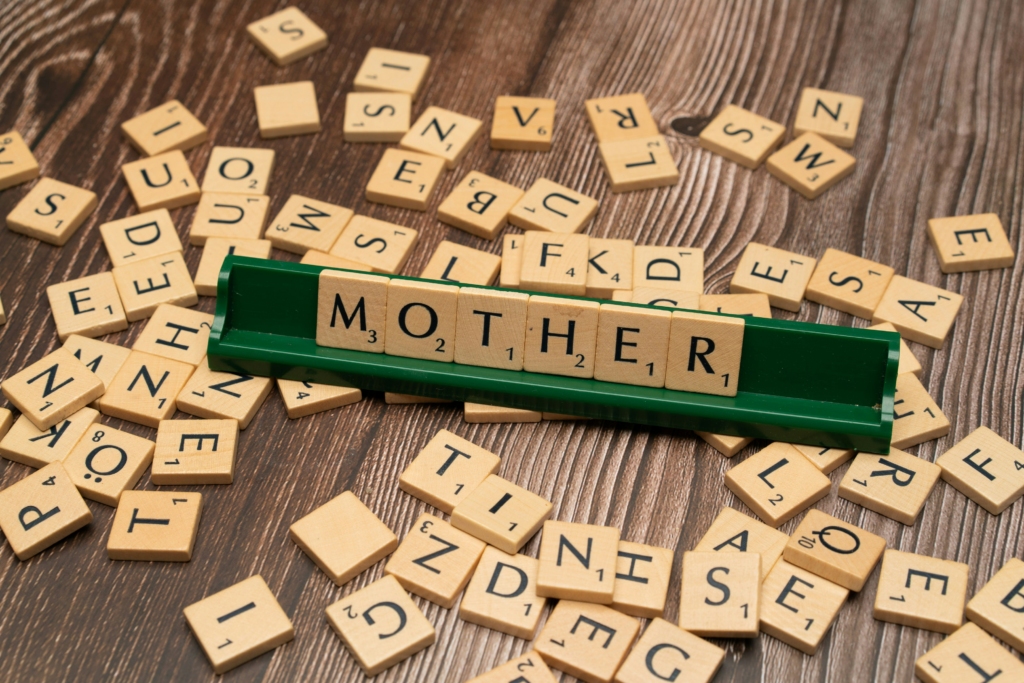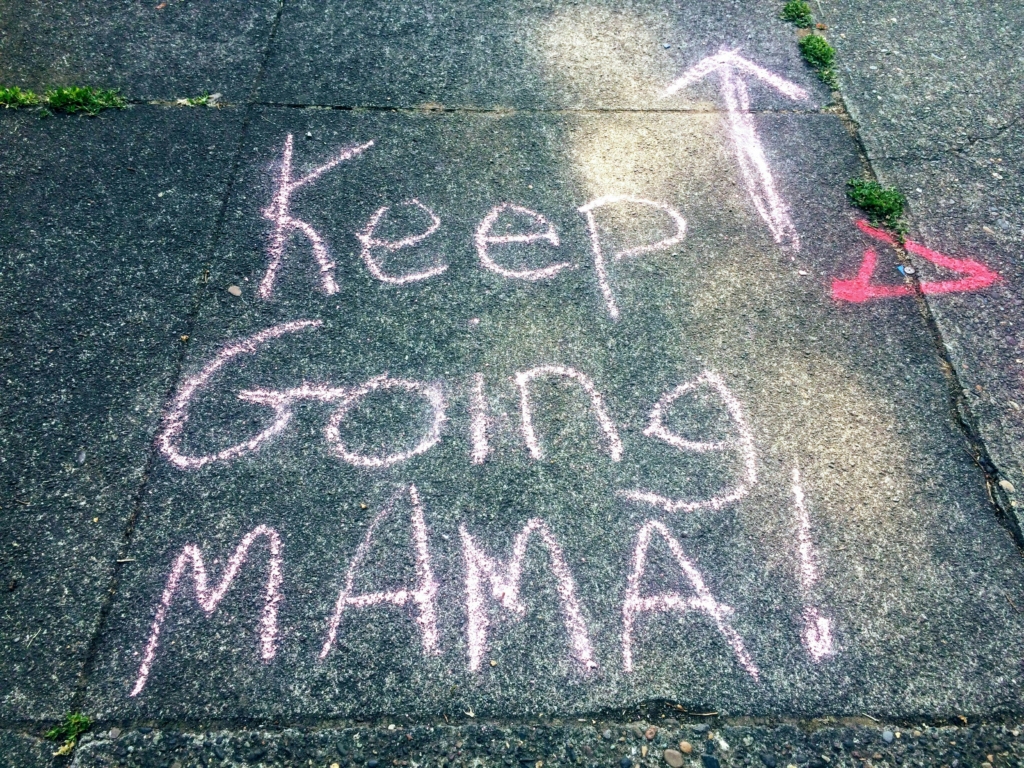
Beyond the Baby: Supporting Maternal Mental Health in Real Life
When a baby is born, the world celebrates. Gifts arrive. Text messages flood in. Everyone asks how the baby is sleeping, eating, growing. But somewhere in that flurry of attention, the mother, the woman who carried, birthed, and is now caring for this tiny human, can quietly disappear.
As we mark Maternal Mental Health Awareness Week, it’s the perfect time to shine a light on the emotional realities of motherhood that often go unseen. Maternal mental health is often overlooked, misunderstood, or softened into clichés like “baby blues” or “mum guilt.” The reality, however, is far more complex, and far more important to talk about.
As a therapist, I’ve sat with many women who love their babies deeply but feel lost, overwhelmed, or ashamed of how they’re coping (or not coping). This post is for them, and for anyone who wants to understand what it truly means to support maternal mental health in real life.
Why Maternal Mental Health Matters
It’s estimated that 1 in 5 women experience mental health difficulties during pregnancy or the first year after birth. These may include:
- Postnatal depression
- Postpartum anxiety or OCD
- Birth trauma and PTSD
- Postnatal rage
- Identity crisis or emotional numbness
And yet, many of these women never seek support. Why?
Because it’s still hard to say out loud, “I’m not okay.”
Cultural expectations, fear of judgement, lack of awareness, and pressure to “enjoy every moment” all contribute to a culture of silence. This silence doesn’t just impact mothers, it ripples into family life, relationships, and child development.
Supporting maternal mental health isn’t a luxury. It’s a necessity, for the wellbeing of mothers, babies, and the families who love them.

The Hidden Toll of New Motherhood
Becoming a mother is often romanticised. Tiny outfits, sleepy cuddles, smiling milestones. But alongside the love, there is also loss.
Loss of identity.
Who am I now? Where did the “me” I used to be go?
Loss of autonomy.
Your body, time, sleep, and even your thoughts may no longer feel like your own.
Loss of community.
Many mothers today raise children in isolated homes, far from family, without the “village” we all need.
For some, these losses are manageable. For others, they quietly chip away at mental wellbeing, leading to exhaustion, disconnection, and even despair.
Beyond the Baby: What Real Struggles Look Like
Maternal mental health challenges don’t always look like tears or sadness. Often, they look like:
- High-functioning anxiety — always busy, always “fine,” but constantly on edge.
- Perfectionism — feeling like anything less than perfect is failure.
- Irritability or rage — especially when sleep-deprived and overstimulated.
- Emotional numbness — going through the motions without feeling joy.
- Guilt and shame — for not loving every minute, for needing help, or for missing who you used to be.
These experiences are real. And they’re far more common than we think.
Barriers to Seeking Help
Many mothers don’t reach out, not because they don’t need help, but because they feel they shouldn’t need it.
Here are just a few of the barriers I hear in therapy:
“I have a healthy baby, I should be grateful.”
“Other mums are managing fine. What’s wrong with me?”
“I don’t want to be judged or reported.”
“There’s no time. I can barely shower, let alone go to therapy.”
These thoughts aren’t signs of weakness. They’re signs of a system that still isn’t designed with maternal wellbeing at the centre.
What Helps: Supporting Maternal Mental Health in Real Life
While there’s no one-size-fits-all solution, there are real, tangible ways to support maternal mental health, whether you’re a loved one, a professional, or a mother yourself.
1. Validate Her Experience
Never underestimate the power of hearing:
“That makes sense.”
“You’re not the only one.”
“It’s okay to feel like this.”
Validation doesn’t mean fixing. It means seeing and acknowledging someone’s reality without judgement.
2. Ask About Her, Not Just the Baby
When visiting a new mum, ask:
“How are you feeling?”
“What’s been hardest lately?”
“Is there anything you need today?”
Small changes in language can make a big difference in helping her feel seen.
3. Watch for Red Flags
Be aware of signs that may suggest deeper struggles, such as:
- Withdrawal or isolation
- Intense or ongoing guilt
- Sleep problems not just related to baby
- Expressions of hopelessness
- Thoughts of harming herself or the baby
If you’re concerned, encourage her to speak to a GP, midwife, or therapist and offer to help her take that first step.
4. Offer Practical Help
Mental load is real. Help might mean:
- Cooking a meal
- Watching the baby so she can nap or shower
- Running errands
- Simply keeping her company without expectation
Don’t wait to be asked. Just offer, gently and consistently.
5. Encourage Connection, Not Comparison
Social media can amplify pressure and perfectionism. Gently remind her that no one has it all together — and that curated feeds rarely show the 3am tears, the cracked nipples, or the silent panic.
Real connection beats curated comparison every time.

Therapy Can Be a Lifeline
Professional support can be life-changing, and even life-saving, for mothers struggling with their mental health.
Therapies like CBT, EMDR, and compassion-focused therapy can help mothers process trauma, challenge unhelpful thoughts, and reconnect with themselves.
Some mothers worry therapy will mean they’re “not coping” or that it makes them weak. The truth? Seeking help is one of the strongest, most courageous things a mother can do for herself and her family.
If You’re a New Mum Reading This…
Let me say this as clearly as I can:
You are not broken.
You are not failing.
You are not alone.
What you’re feeling is real. And help is available: without judgement, without shame, and without the need to explain it all perfectly.
Resources & Where to Get Help
Here are some places where support is available in the UK and beyond:
- GP or Health Visitor – your first port of call
- NHS Talking Therapies – self-referral in many areas
- PANDAS Foundation – offers helplines and peer support
- Maternal Mental Health Alliance – information and advocacy
- Birth Trauma Association – support for traumatic birth experiences
- Private Therapy – search via directories like BACP, BABCP, or EMDR UK
If you’re outside the UK, search for local perinatal mental health services or qualified therapists in your area.
Final Thoughts: It Takes a Village
Supporting maternal mental health isn’t just a job for therapists. It’s something we can all be part of. When we make space for honest conversations, when we listen without judgement, when we show up without expecting anything in return… We help rebuild the village every mother needs.
If any part of this spoke to you, and you’re looking for support that meets you with empathy and understanding, whether it’s through therapy, guidance, or simply a safe space to talk, you’re welcome to reach out. You can contact us at info@nnpsychology.co.uk or call 07341 193858 to explore how we might be able to support you or someone you care about.


